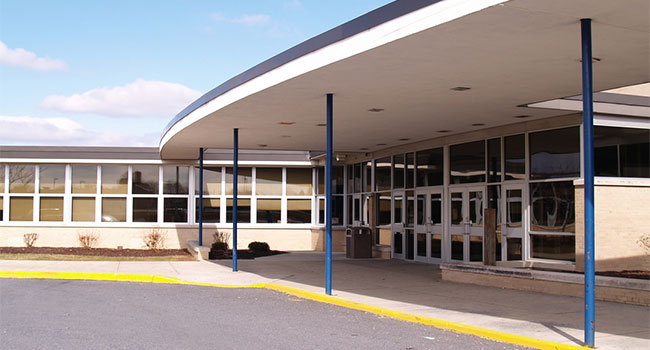
Atlanta-Area Schools Increase Security During First Half of School Year
Here’s how school districts in Georgia’s largest metro area addressed school security with new mental health initiatives, more security staff and the latest technology.
- By Haley Samsel
- December 24, 2019
School districts across the Atlanta metro area have increased their budgets for school security in recent years, prompting changes in how campuses handle visitors, mental health services and security staffing.
The Marietta, Georgia school district, which services 8,900 students at 12 schools, told The Atlanta Journal-Constitution that it received a $250,000 grant to prevent and combat gang activity through the addition of two new Marietta police officer positions in schools. There is not a current gang problem in the district, but administrators say their goal is to prevent one from happening.
“This is a step at being proactive instead of reactive,” Marietta City Schools Superintendent Grant Rivera told the AJC. “Our strategy is for the officers to build relationships with the students so if the situation arises where there are threats or dangers, they feel comfortable and confident in talking to the [school resource officers].”
The SRO program spans a four-year period, after which the city and district will be expected to absorb the cost of the officers.
In Fulton County, the school board funded an additional 16 officers and four security associates. The district has access to a $806,973 security budget as well as a penny sales tax that generates about $15.7 million for safety and security. Those funds have gone into new digital surveillance systems, a visitor management system, replacing dozens of police vehicles, social media monitoring and a new report management system.
Another notable increase in school safety funding came in the Cherokee County School District, where funding went up by $1.7 million. Improvements were made at every school in the district, including more security cameras.
An additional $750,000 was allocated to the district’s social and emotional learning initiative, which creates an executive director position who will oversee the district’s first mental health counselors. Administrators see the initiative as “directly supporting safety and security,” the AJC reported.
About the Author
Haley Samsel is an Associate Content Editor for the Infrastructure Solutions Group at 1105 Media.